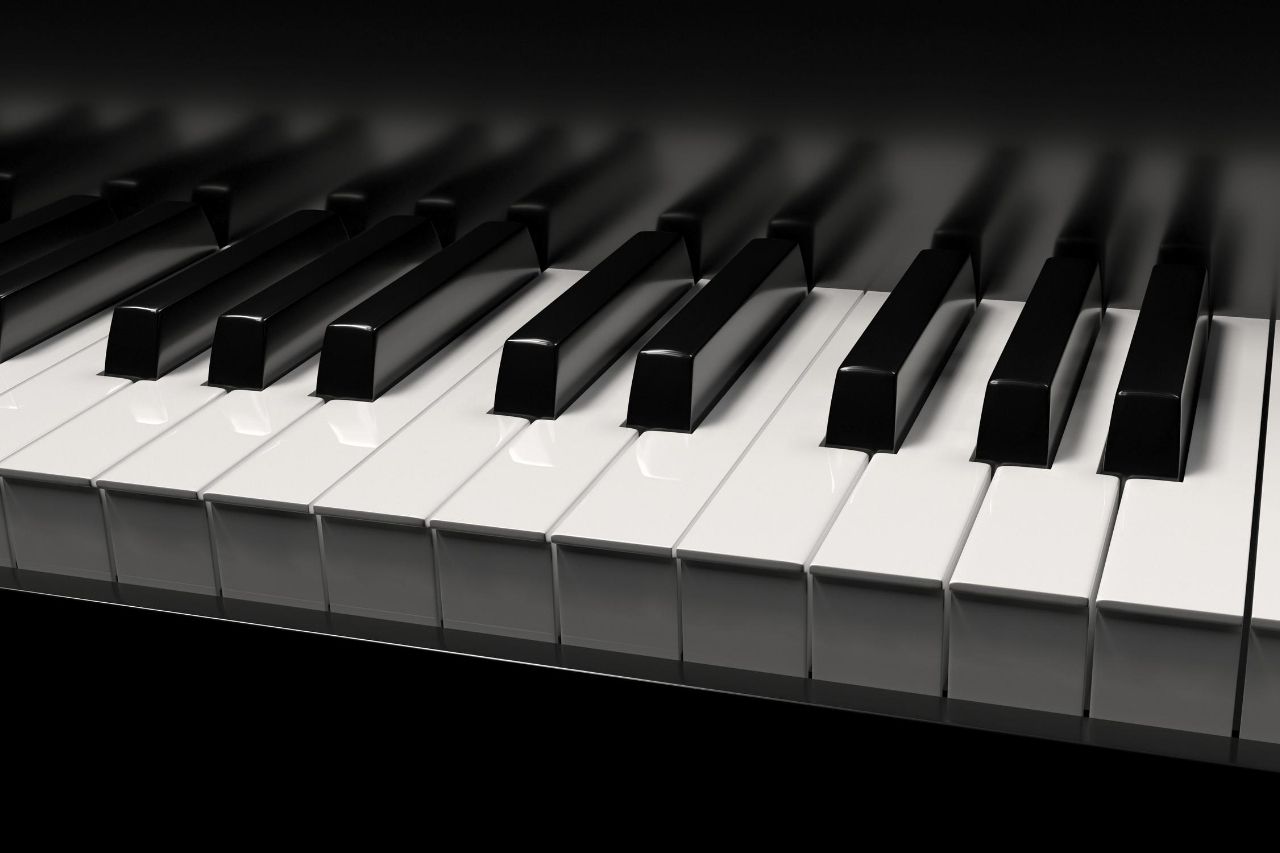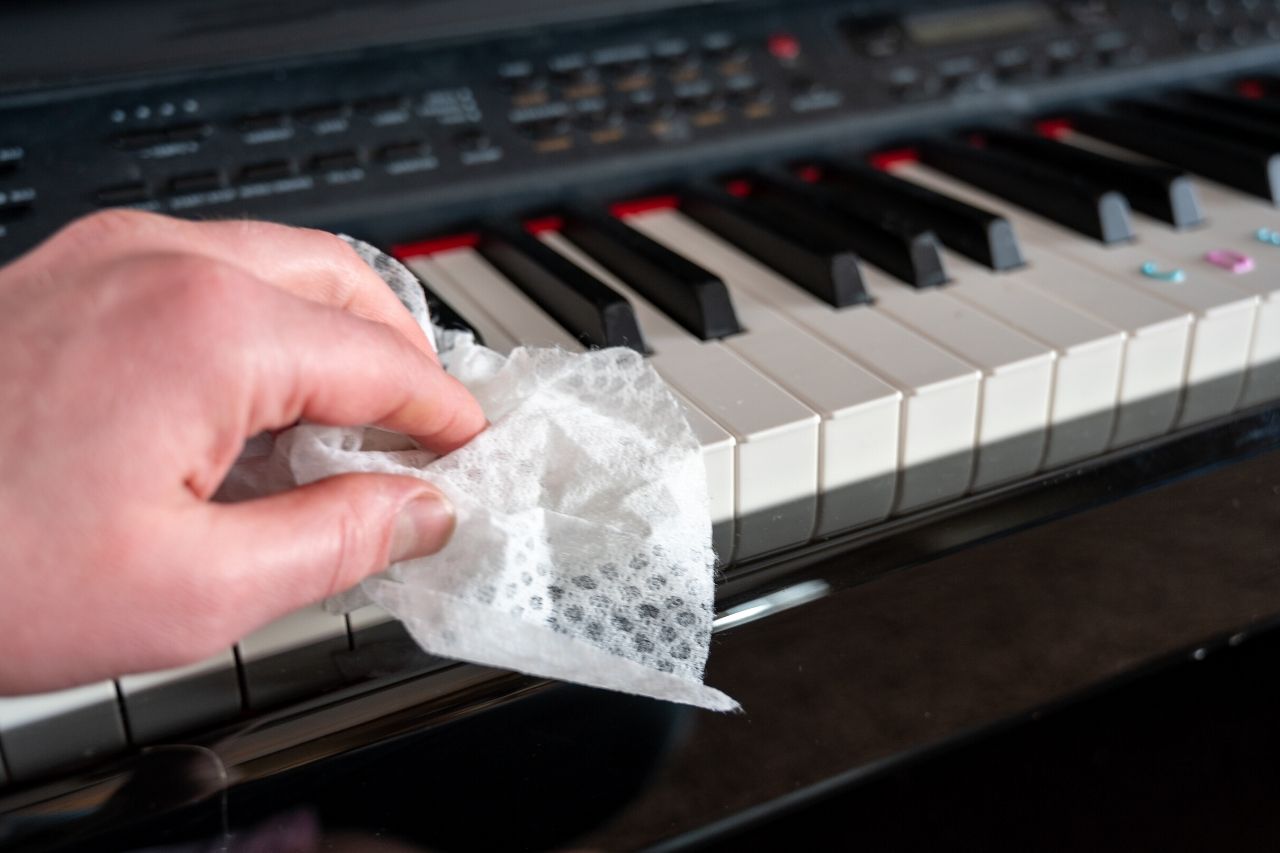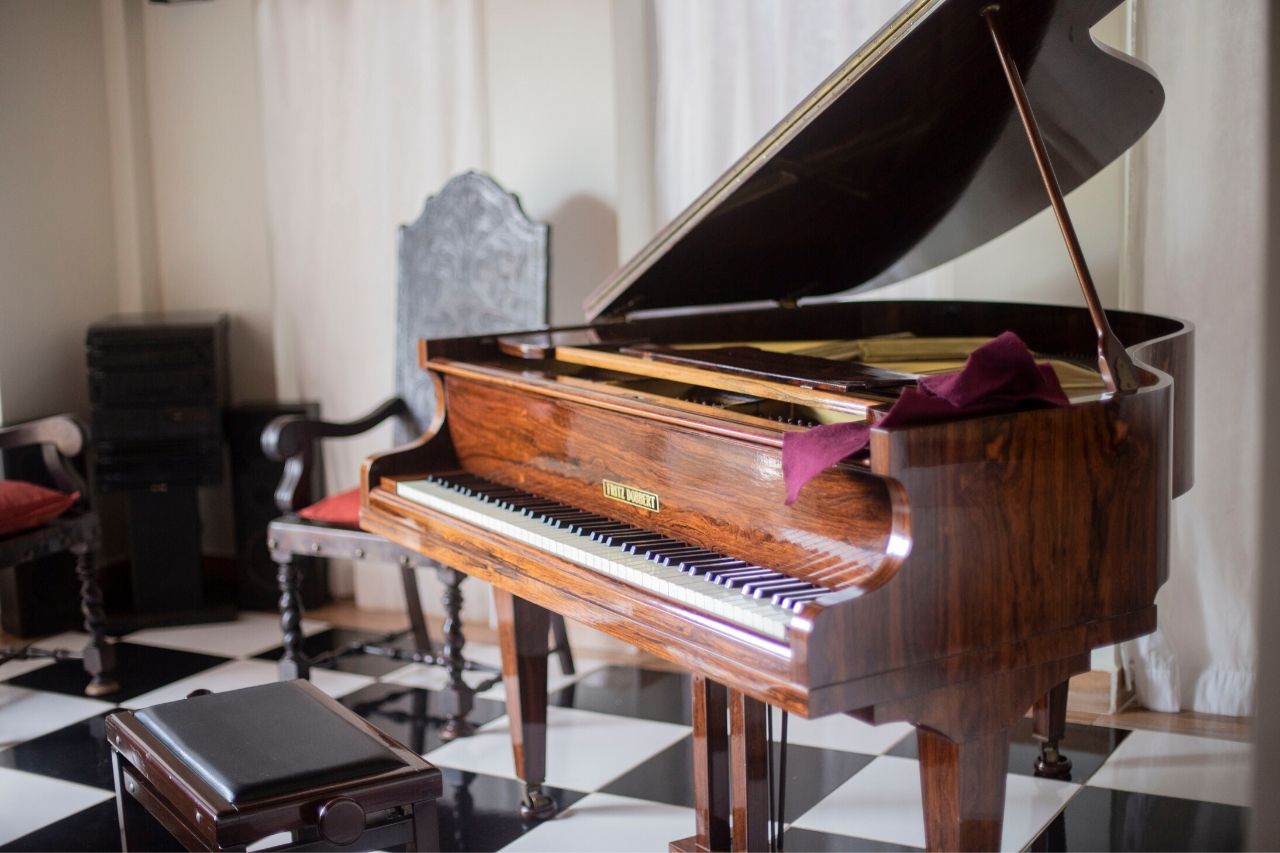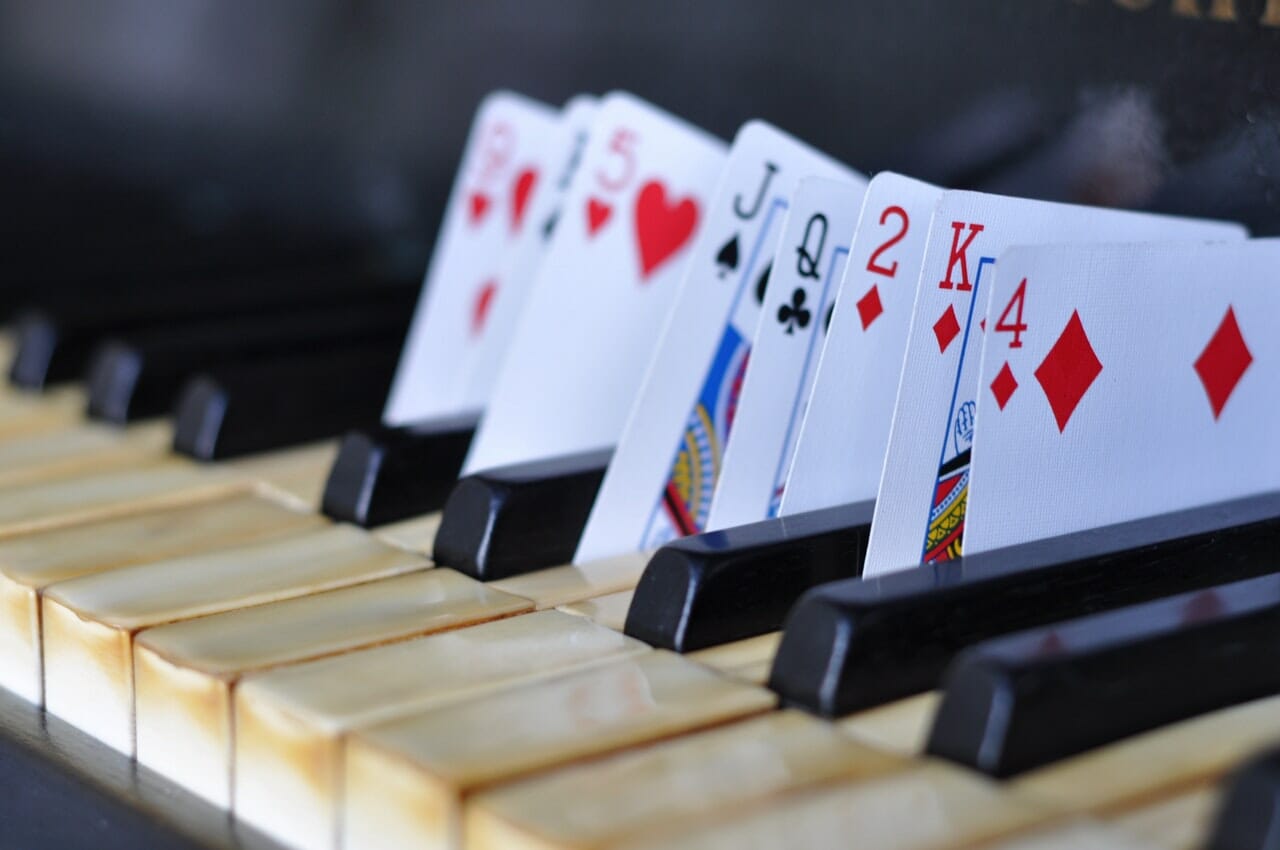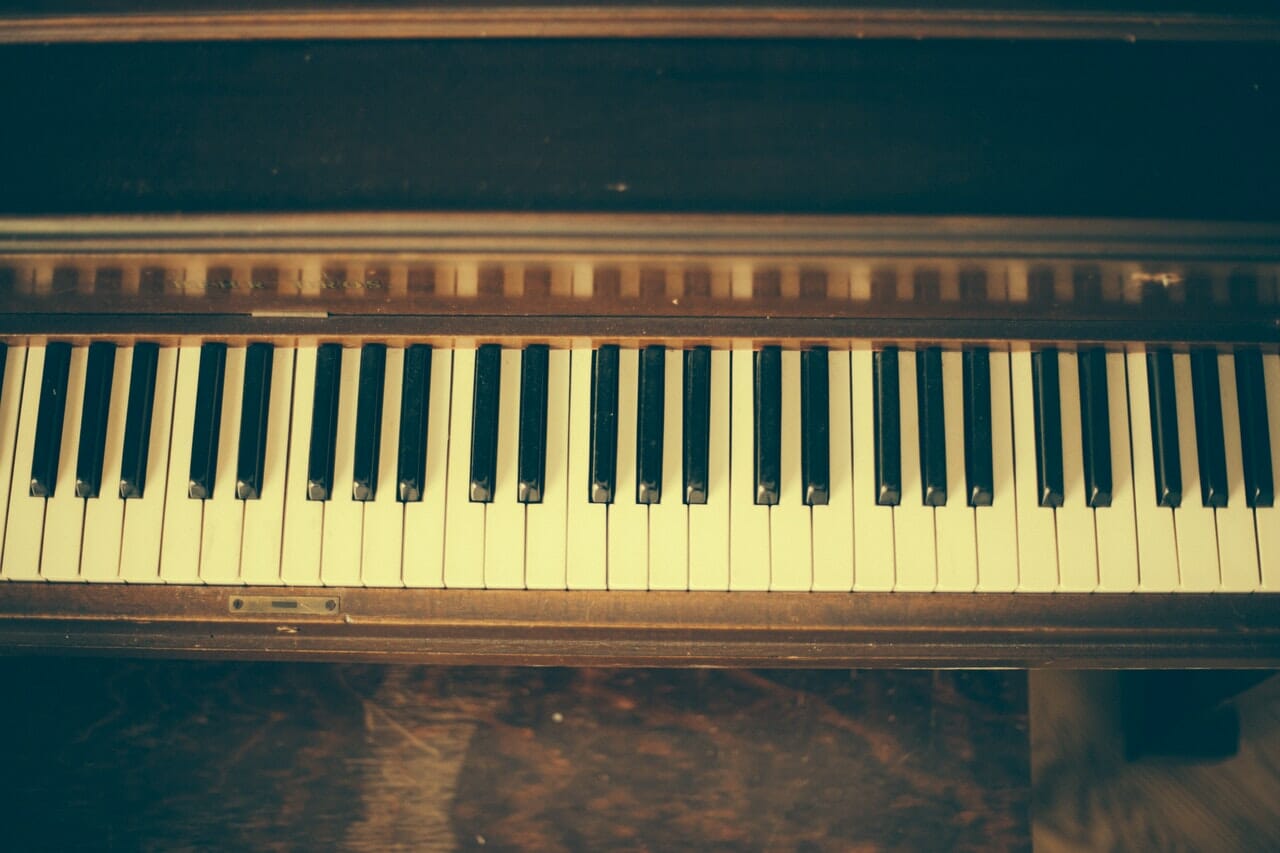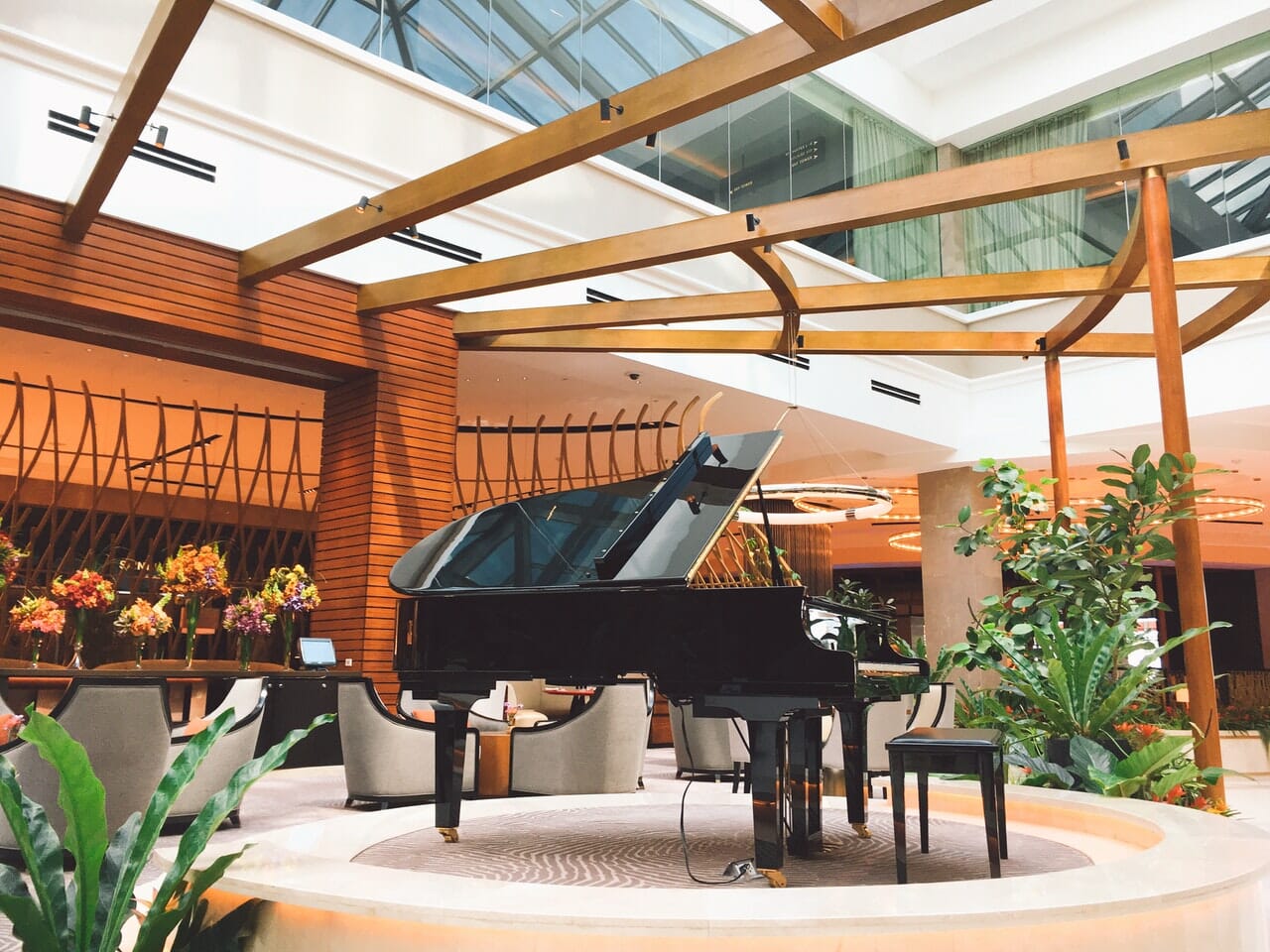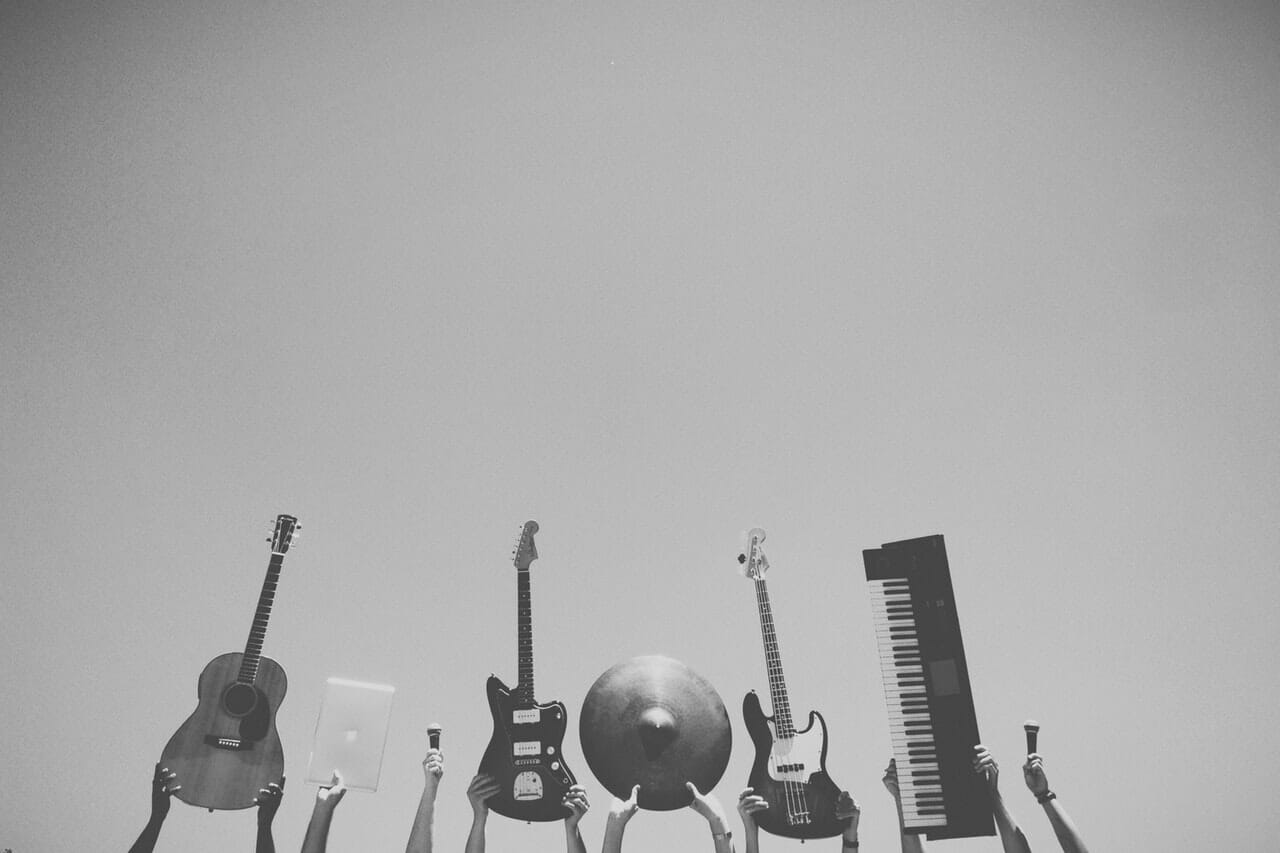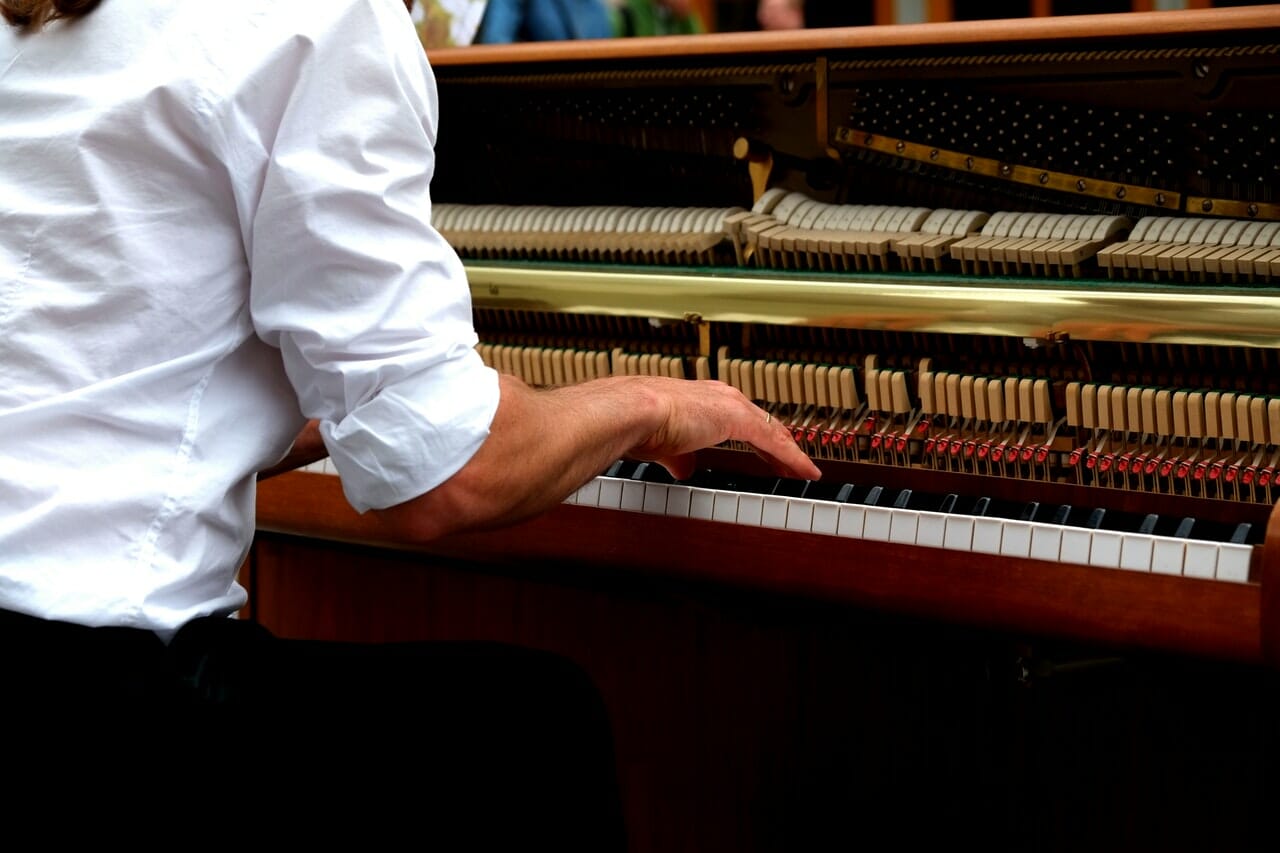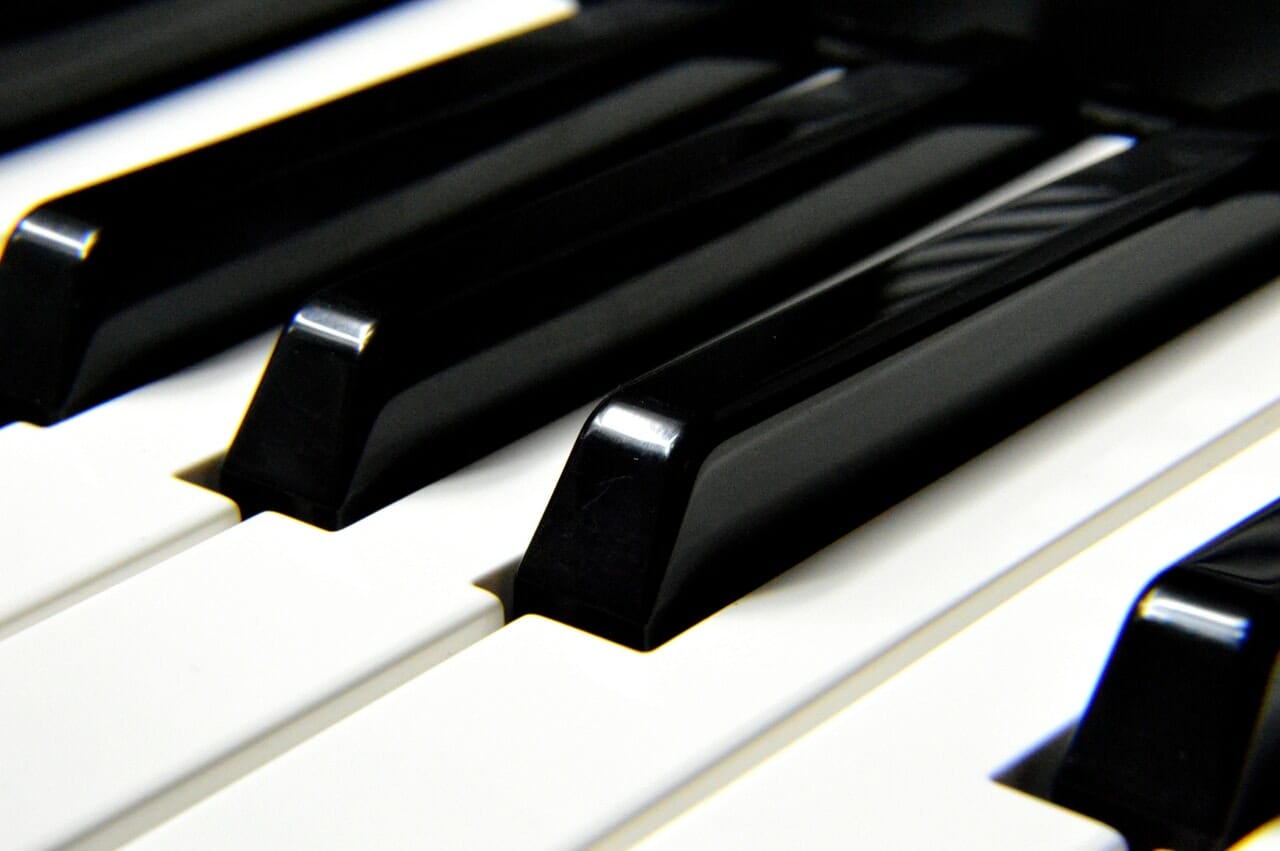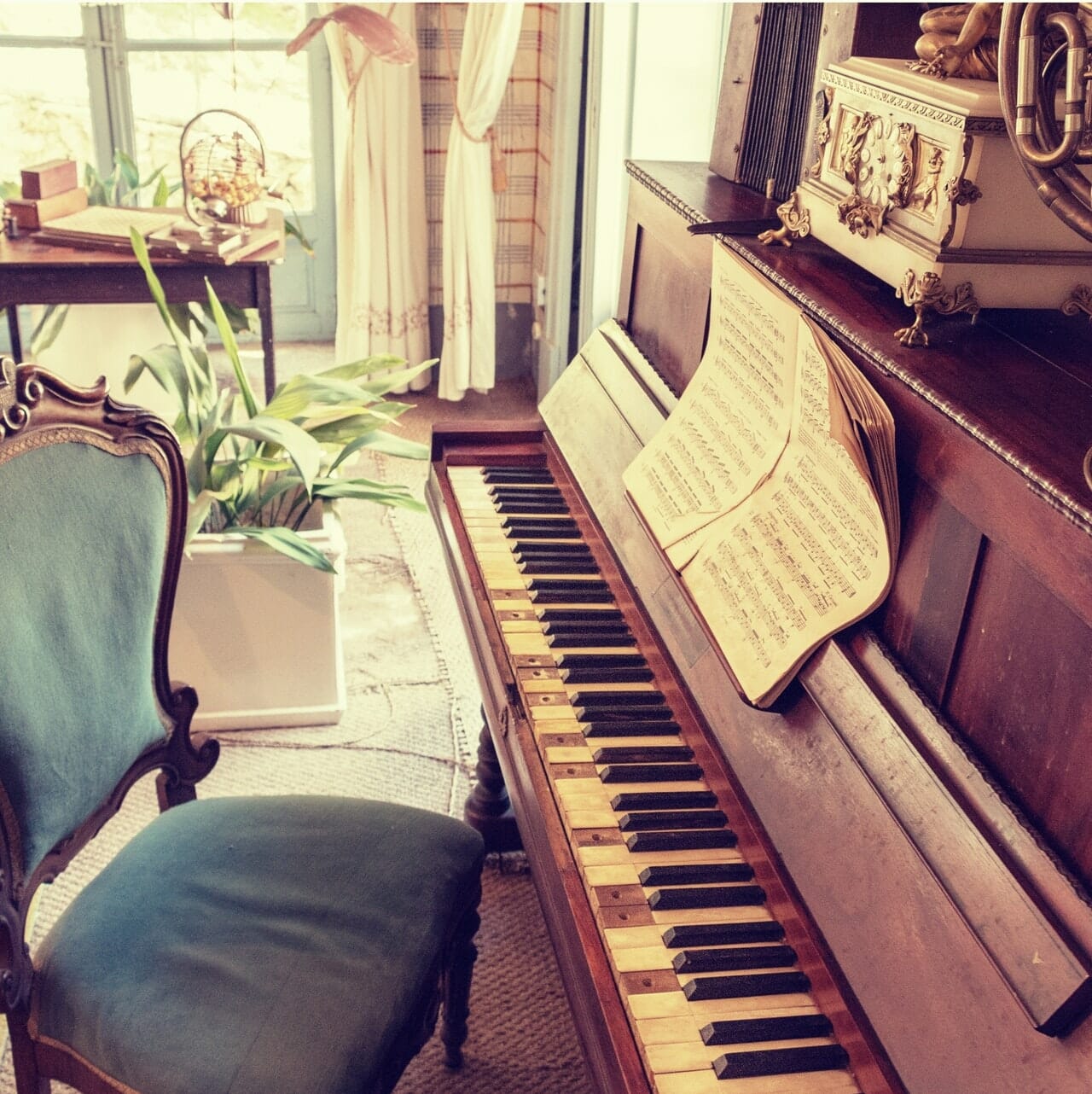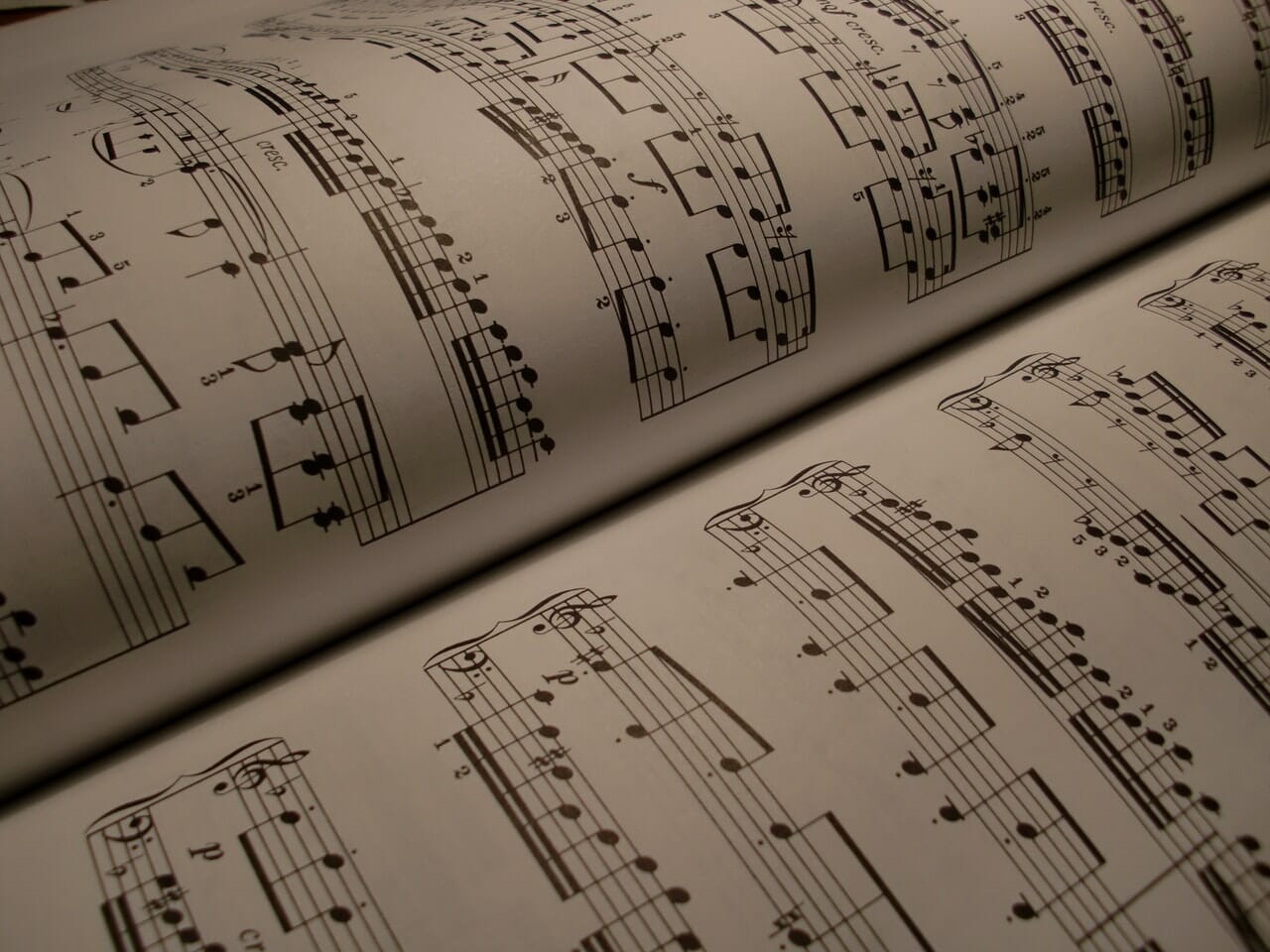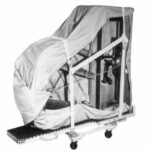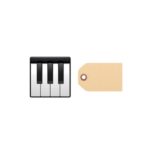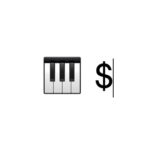When you’re an avid piano player, you become entuned to the instrument’s individual quirks and the unique feeling of playing it. However, as familiar are you are with your home piano, it can still be a bit difficult to identify when exactly it falls out of tune. Contrary to popular belief, you can still play the piano if it’s out of tune—even if it doesn’t sound as clear as it did before. Each tone played will still sound close to the original pitch, so unless you’re listening carefully, it might be easy to miss the change. If you want to ensure this instrument is always in peak condition, make sure you’re aware of the signs your piano is out of tune.
Individual Pitches Are Noticeably Sour
One of the most noteworthy indicators that your piano needs tuning is when individual notes begin to sound buzzy or sour. When an acoustic piano is properly tuned, each pitch should sound clear when played by itself. If it begins to sound muddled in any way, this is a sign that the corresponding string has stretched, and the sound it produces has changed.
Tone Harmony Is Off
You should also notice something is off if the overall piano harmony sounds different than before. In a tuned piano, the strings all vibrate at the same rate and mold together to produce a single note. But when some of the strings stretch or expand, the sound they make no longer fits with the ones played around it. This distorts the harmony, which you’re sure to notice in songs you know very well.
It’s Been Several Months Since the Last Tuning
Another telltale sign that your piano is out of tune is that there’s been an extended period between tuning appointments. Pianos are very sensitive to weather changes that occur over the passing months. In fact, they tend to fall out of tune quite easily when exposed to drastic climate, temperature, and pressure fluctuations. Because of this, they should be tuned often to maintain their sound. For brand new pianos, it’s recommended that you tune them about four times in their first year. After that, it should only need tuning every six months, unless it isn’t producing the sound quality you’re after.
At Chicago Piano Tuners, we dedicate ourselves to providing the highest quality maintenance and tuning services in the Chicagoland area. As a professional piano tuning company, we’ve serviced acoustic pianos for over 18 years. This experience has awarded us with a better understanding of this beautiful and complex instrument and how proper maintenance is key to preserving its lifespan.

